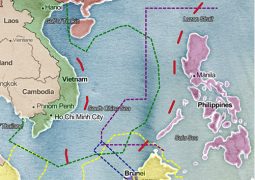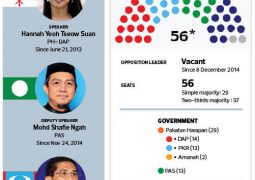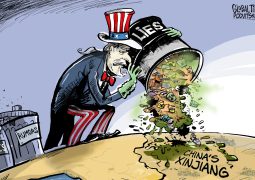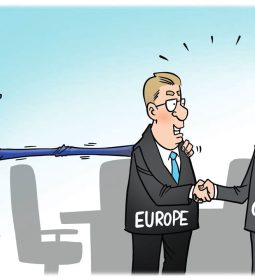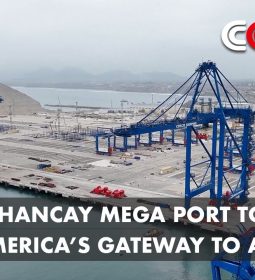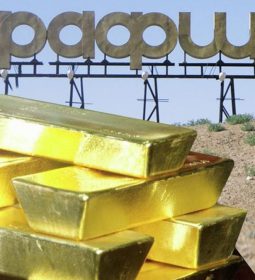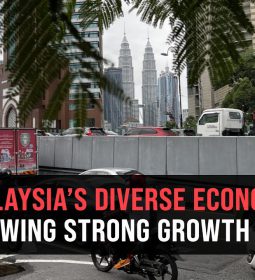Jack Ma now officially China’s richest man with US$31 billion fortune

HONG KONG: Jack Ma, Alibaba Group’s chairman, has unseated Dalian Wanda boss Wang Jianlin to reclaim his crown as China’s richest man.
As of Thursday, Ma’s net worth was US$31 billion, narrowly outstripping US$30.8 billion for Wang, the property-to-entertainment mogul who controls the world’s largest cinema chain AMC Entertainment and China’s largest private developer, according to Forbes.
The technology tycoon’s wealth has been boosted by a solid rally in Alibaba’s share price, which has soared 37 per cent so far this year. Alibaba owns the South China Morning Post.
But a formidable challenger to both Ma and Wang in the race for riches is internet behemoth Tencent Holding’s chairman Pony Ma Huateng, 45. His fortunes have received a huge boost from the immense popularity of messaging app and mobile payment provider WeChat.
Just over the last 24 hours, a bull run in Tencent’s stock on the back of robust first-quarter earnings has added a whopping US$1.2 billion to Pony Ma’s total net worth – enough to help him overtake Wang in the real time rankings. Shares of the Hong Kong-listed company gained 4 per cent to HK$270 by midday Thursday, compared with a 0.3 per cent dip in the benchmark Hang Seng Index.
The fortune of the Shenzhen-based tech mogul now stands at US$30.9 billion, just US$100 million shy of Alibaba’s chairman and founder.
Jack Ma and Wang have been in a neck-and-neck battle for the title of China’s richest man since Alibaba’s 2014 public listing in New York. The initial public offering was the biggest of its kind worldwide, raising US$25 billion, and propelling the former English-language teacher to the very top of the world’s business elite.
The 52-year-old now takes the 21st spot on the Forbes global rich list. His business empire has grown beyond e-commerce, spanning filmmaking through Alibaba Pictures, financial services via Ant Financial, news through the Post and online streaming through Youku Tudou.
Ma, a Hangzhou native, founded Alibaba in 1999 when a desktop computer was considered a luxury in China and shopping online was barely imaginable for average citizens.
While the country’s technology sector continued to flourish, its rapid ascent towards the top of the world’s film market ground to a virtual halt, with box office takings for 2016 edging up just 3.73 per cent. That has put pressure on Wang’s key offshoots, including China’s biggest theatre chain Wanda Cinemas and Hollywood studio Legendary Pictures.
This article first appeared in the South China Morning Post.
- Previous Najib to attend Arab-Islamic-US Summit during Saudi Arabia visit
- Next Malaysia to help Saudis show Trump peaceful vision of Islam




